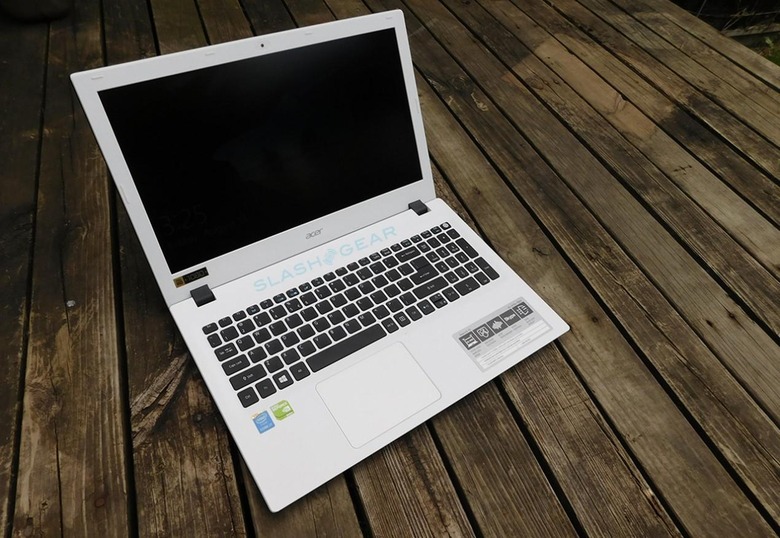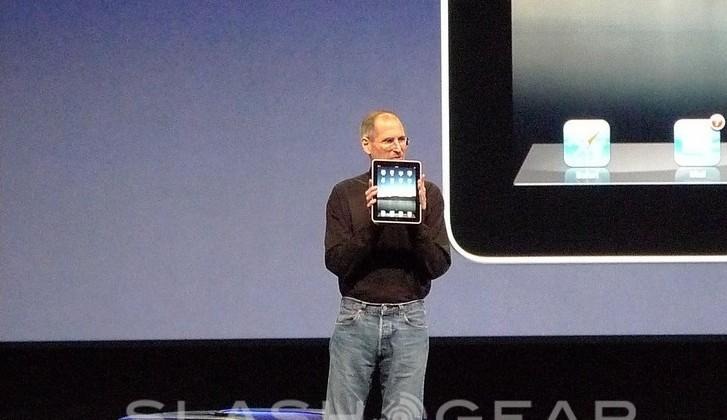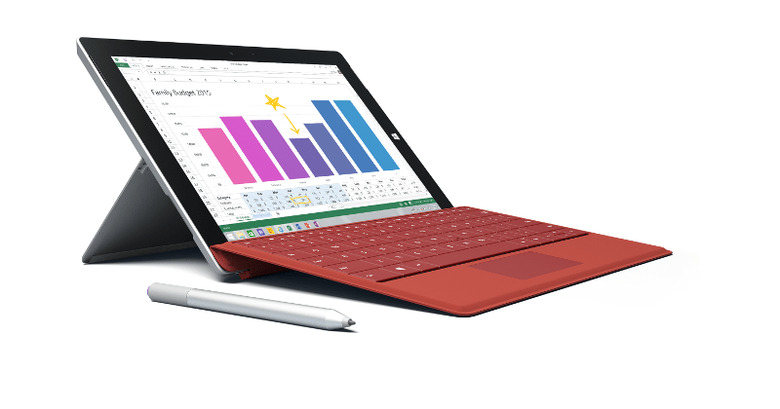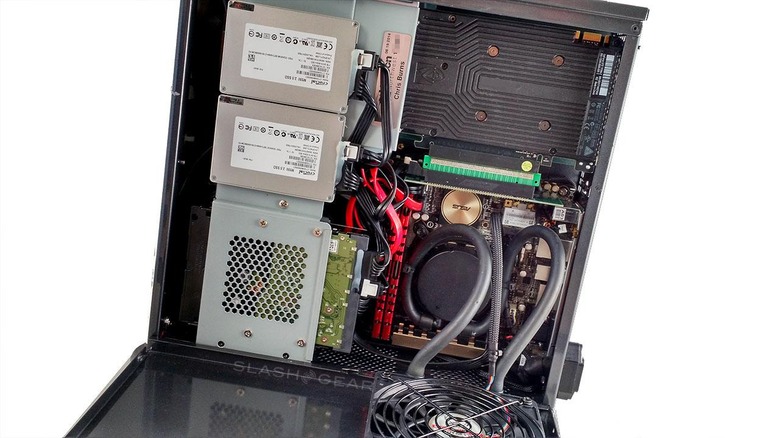Forget Post-PC: Are We Already In A Post-Desktop Era?
For a couple of years now, we've seen the coined term "post-PC" thrown around like a prophecy of doom, and yet that Armageddon hasn't completely come to pass, though are signs of slow erosion. The PC isn't growing strong, but it's holding on and will most likely do so for a long, long time. But more than a question of the future of the platform, perhaps it is better to ask about the devices that make up this PC market. And when it comes to PCs, there is perhaps no better under dog the the ye ol' faithful desktop.
The Past
Desktops
The desktop has been the standard bearer for PCs in the past decades ever since the word "PC" came into being. These computers, which started out as hulking boxes and are now sometimes no bigger than your hand, can do anything you configure it to do. From basic word processing to web browsing to video editing to games, the only limit was really the components you choose to put inside. Well, there was also the mobility limit, but in the early days, that wasn't much of an issue. Back then, people thought of computing as something you did on a desk while sitting on a chair anyway (standing desks were unheard of).
Laptops
Laptops really were, and to some extent, still are, the biggest threat to desktops. Although these computers came much later than desktops, they were quick to catch up. Although they would never really match the raw power that a desktop would have, they have come quite close. Plus, the allure of using a computer anywhere and everywhere was just something you could not ignore for long. At first, laptops only offered a fraction of the capabilities of a desktop. But as technology, particularly CPU and storage, advanced, these portable PCs eventually covered majority of a desktop's use cases. And thanks to progress in graphics technology as well, some could even catch up with gaming, though not to the same degree as dedicated gaming desktops. Some gamers, however, were more than willing to sacrifice a bit of power for the sake of mobility.

The Present
Tablets
The arrival of tablets, in particular the iPad, put more pressure on the desktop PC category. Although no where as powerful, these tablets had a different kind of appeal. Over the years, the Internet has changed much of what people commonly did on computers. The then nascent smartphone category, which was only three years old if you count starting from the iPhone, also changed the common perception of computing on the go. Browsing, e-mail, social networking, and apps. Those become the main activities that defined modern computing, and those were exactly the things that these tablets made convenient by making them portable.

Hybrids
Those tablets, however, eventually outgrew their somewhat limited use cases. Hardware became more powerful and software became more sophisticated. By now, tablets are no longer the simple content consumption devices that they were half a decade ago. They become content creation devices too. That, however presented a conundrum. How do you effectively and efficiently create content on mostly touchscreen device? Eventually, the pendulum swung back to laptops, who had to adjust to adapt to the growing trends. Some laptops didn't stop at adding touchscreens to their feature sets. Some eventually took a somewhat familiar form that was long thought abandoned. Like the tablet PCs of old, these laptops could convert themselves into tablets, either by flipping, rotating, or detaching. Running a more touch-oriented but still PC-centric Windows OS and lighter than their ancestors, these new hybrids offered portable productivity together with easy access to content at the touch of a fingertip, at the price of a bit of heft, size, and an originally non-mobile OS. These convertible portable PCs are growing in number, with almost every major PC maker coming out with a few models alongside traditional laptops. It seems this might actually be the future for laptops more than they are the future of tablets.

The Future
Reality or Wishful Thinking
Tablets are in marked decline, with some analysts worrying about its future. The PC, on the other hand, have fluctuated but never completely sunk. Why? Because pundits who have posited that smartphones and tablets (the iPad kind) would be the death of the PC have turned every user into content consumers. In reality, however, there is just as many content creators in that crowd. Almost ironically, the proliferation of mobile devices have even inflated that number, giving ordinary people access to cameras and easy to use software for recording every passing moment. Apps and devices have also become more capable when it comes to creating and editing content on the go. But when it comes to the production of content, nothing beats a PC (or a Mac), and this is exactly where the desktop shines the brightest.
Desktops Redux
There is no consumer device class more geared towards heavy duty work than desktops. Even the most powerful laptop pales in comparison with the most powerful desktop configuration. As long as there are content creators, from those working on large studios to the rising YouTube star, there will always be a need for a desktop. At the very least, it could become a somewhat niche computing device, but that is also unlikely to happen yet because of another factor: gaming.
Again almost ironically, mobile devices are producing more gamers than ever before. Getting users hooked on mobile games is a great way to ease them into the gaming culture. And while consoles have held the lion's share of the market, PC gaming has been experiencing a resurgence of interest and popularity. And again, when it comes to gaming, nothing beats a proper desktop rig.

A desktop also offers something that none of these devices, not even laptops, can do. Users can decide on the components that go into the box and can decide when and if to upgrade them. When a certain component stops working, they can simply replace it without having to buy a new desktop. The closest that the mobile world will ever reach that would be with Project Ara, which is sadly stalled due to unforeseen technical difficulties.
The real threat to desktop PCs, and even traditional laptops, isn't really mobile devices. It's the new class of hybrid PCs that could eventually cannibalize this mainstay of the PC world. Half PC and half mobile, these hybrids offer the best of both worlds for a small price. And as laptop hardware moves forward. so do these hybrids. Eventually, there might come a time when the benefits of a desktop might seem negligible compared to the combination of power and portability of a hybrid. But that is a future that is still quite far away.
Wrap-up
PCs aren't going anywhere, and neither are desktops. That much is true for the next 10 years or so. The market might be slowly shrinking but it won't completely go belly up as long as there's a demand for content and as long as gaming exists. That, however, doesn't mean that they won't be changing. Hybrid laptops/tablets offer PCs a bit of respite in this increasingly mobile world, but they also give desktops a big headache. But, like laptops, they are still far from completely matching desktops in terms of raw power. For now, fans of the traditional desktops, and laptops, can, for the time being, breathe a sigh of relief.
